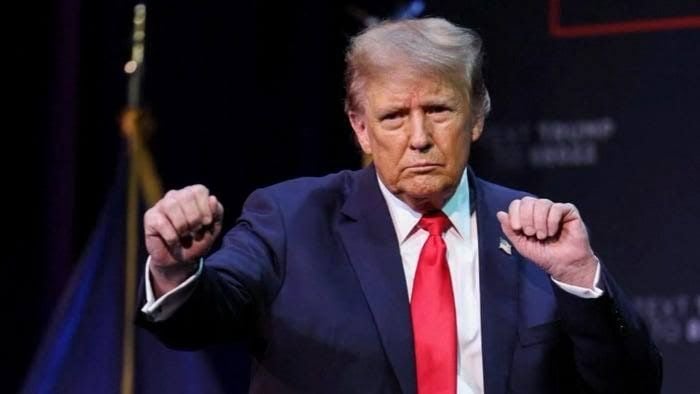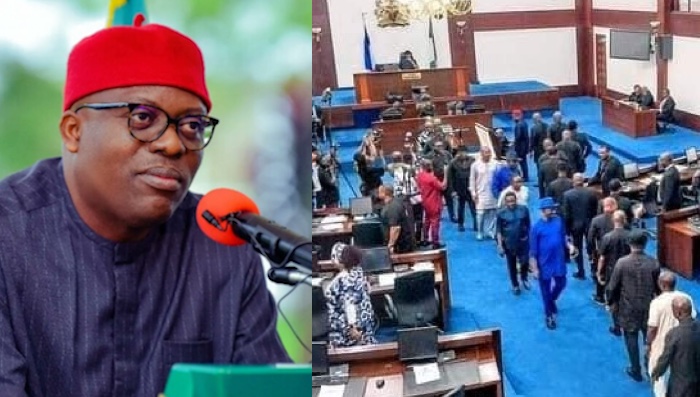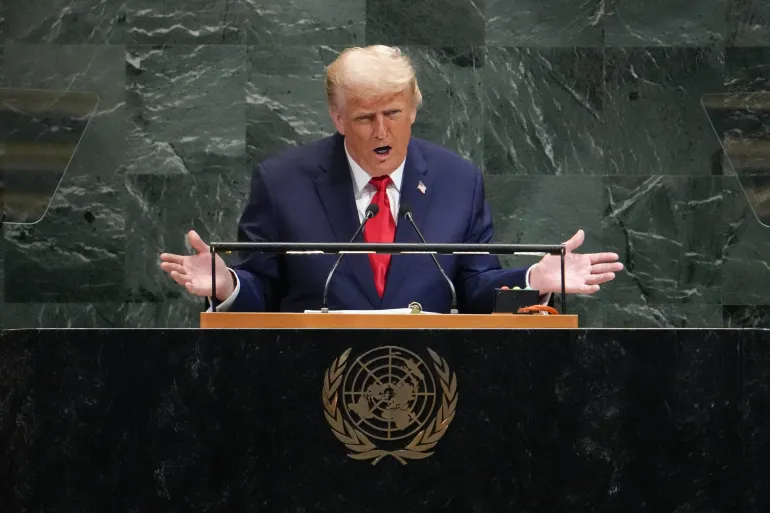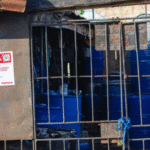SERAP Demands Accountability for N14 Trillion Fuel Subsidy Savings from Wike,.Governors
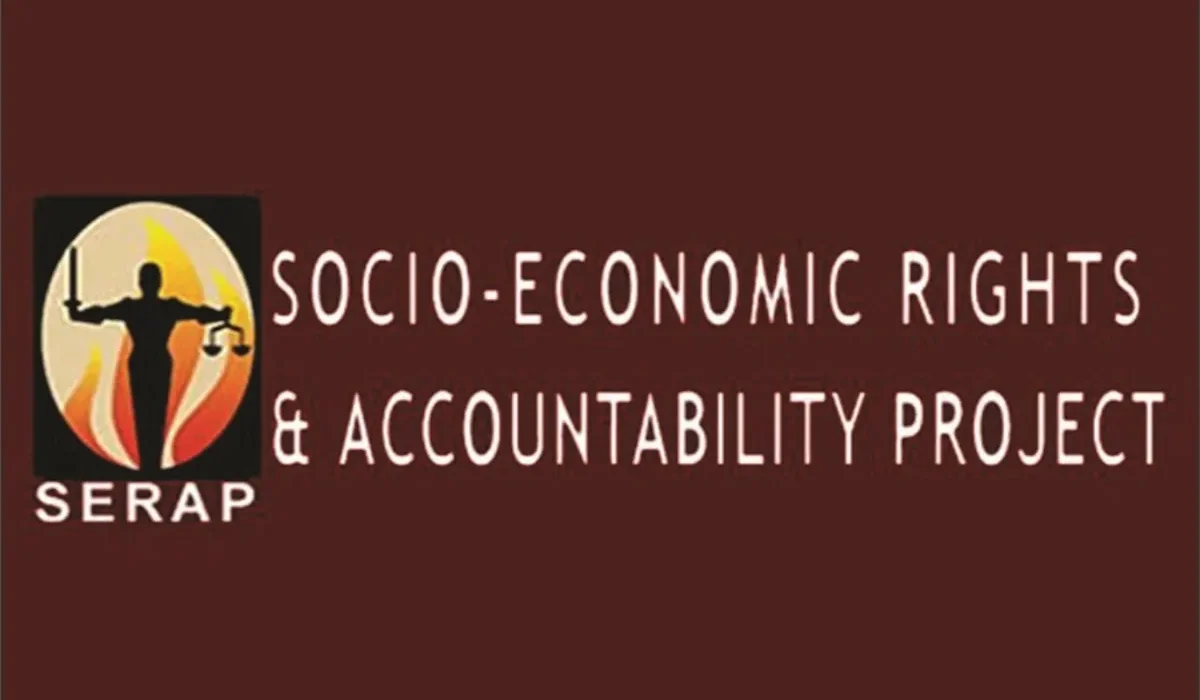
The Socio-Economic Rights and Accountability Project (SERAP) has issued a strong warning to Nigeria’s 36 state governors and the Minister of the Federal Capital Territory (FCT), Nyesom Wike, demanding full disclosure of how an estimated N14 trillion in fuel subsidy savings has been spent.
The rights group, in a Freedom of Information (FOI) request dated October 4, 2025, asked the governors and the FCT minister to publish detailed reports of allocations received since the removal of fuel subsidy in mid-2023. SERAP noted that the funds were disbursed through the Federation Account Allocation Committee (FAAC) and stressed that transparency was critical to ensuring that the money benefits ordinary Nigerians.
SERAP’s Deputy Director, Kolawole Oluwadare, in the letter, requested two major disclosures: a breakdown of how the already collected fuel subsidy savings have been utilized, and clear plans for the use of future allocations, including details of specific projects.
The group argued that despite the huge increase in revenue flowing to states since subsidy removal, Nigerians have not seen any tangible improvements in essential services such as healthcare, education, and social welfare. It also warned that failure to account for the trillions of naira collected could result in legal action.
To strengthen accountability, SERAP further urged the governors and the FCT minister to invite the Independent Corrupt Practices and Other Related Offences Commission (ICPC) and the Economic and Financial Crimes Commission (EFCC) to monitor the utilization of the funds. This, it said, would help prevent the diversion of public resources into private pockets.
“The fuel subsidy savings ought to be spent solely for the benefit of poor and vulnerable Nigerians. The lack of transparency and accountability poses a significant risk of mismanagement or diversion,” SERAP stated.
The organization concluded that the secrecy around the spending of the subsidy savings has left millions of poor Nigerians worse off, with poverty deepening despite the promise of reforms. It maintained that openness in the use of public resources is essential for rebuilding trust and tackling Nigeria’s


